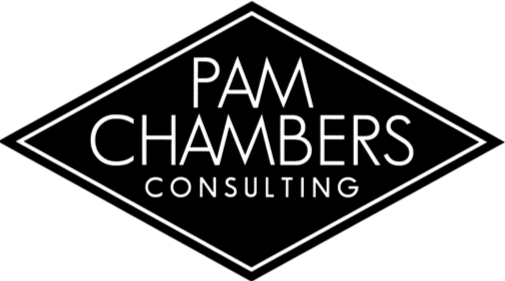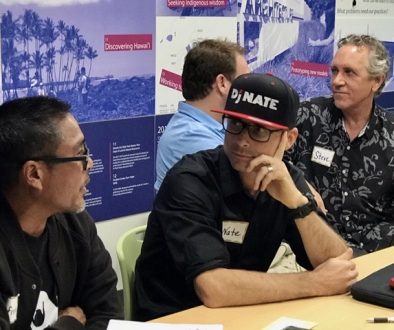
I bet you admire speakers who are genuine, authentic, and real. I know I do.
An audience is smarter than any single individual. An audience has a collective intelligence that can sniff out dishonesty in mere seconds. Therefore, in my presentation skills classes, I teach people to be truthful. See these two examples:
“My mind just went blank. Where was I? Somebody help me out.”
“I don’t know the answer to that question, but I know where to find it. Please give me your business card and I’ll get back to you tomorrow.”
But then some clients went too far and started to be honest about two things they should have kept to themselves:
- I’m really, really nervous.
- I didn’t prepare.
The audience doesn’t need (or want) to know about either of these. These statements lower the credibility of the speaker and cause audience members to either worry that the speaker will fall apart in front of them, or to feel insulted that the speaker didn’t respect them enough to be prepared.
As for nervousness, people usually don’t look as nervous as they fear, and there are workable steps they can take to reduce nervousness ahead of time. (Breathing, visualizing, stretching.) As for not being prepared, there is little excuse for that. Even if you are suddenly called on to give a report in the boardroom, you could say, “Could you give me a few minutes to prepare my thoughts?”
Be honest with discretion.



